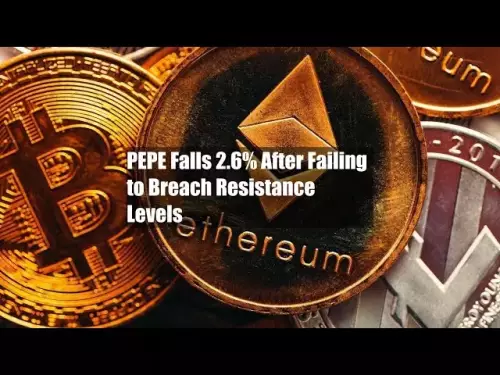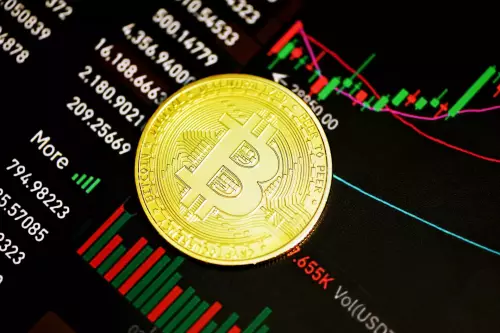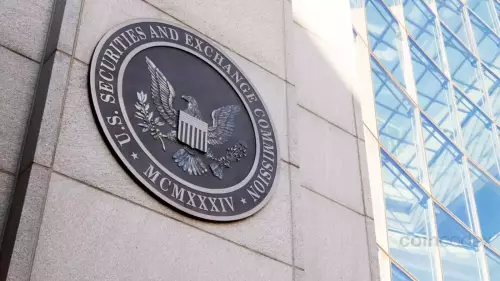Cardano grapples with governance as community debates direct democracy versus delegated authority for treasury spending and DeFi development. Is a balance possible?

Cardano's Crossroads: Direct Democracy vs. Delegated Authority in DeFi
Cardano's community is at odds over how to manage treasury funds and steer DeFi development. The core debate: direct democracy versus delegated authority. Can Cardano balance decentralization with efficient governance?
The 50 Million ADA Debate: A Governance Flashpoint
A proposal to allocate 50 million ADA for stablecoin liquidity ignited a fiery discussion. While proponents see it as a way to boost adoption, disagreements arose over who should control the purse strings. Some, like Jane, advocated for staged allocations and direct community votes, fearing dilution and lack of accountability with an unelected advisory board.
Hoskinson's Warning: Direct Democracy's Pitfalls
Charles Hoskinson, Cardano's founder, voiced strong reservations about direct democracy in this context. Drawing from past experiences, he cautioned that it could lead to a chaotic and unworkable budget process, turning DeFi development into a popularity contest. He argues that experienced individuals or groups need delegated, revocable authority to make decisions efficiently. Without it, Cardano risks struggling to scale adoption, marketing, and DeFi initiatives.
Community Pushback: Centralization Concerns
Not everyone agrees with Hoskinson. Some community members pointed to flaws in past governance structures, like Intersect, attributing failures to leadership gaps rather than community shortcomings. They argue that equitable voting models, whether one person, one vote, or weighted by ADA holdings, are central to Cardano's identity, even if imperfect. Critics of delegated models worry about entrusting significant financial decisions to unelected or pseudonymous individuals with unproven track records.
The Bigger Picture: Balancing Ideals with Practicality
This debate highlights the ongoing tension within Cardano as it strives to balance decentralization with the practical need for efficient governance. It's a delicate dance between community input and expert decision-making. Even Hoskinson acknowledged the difficulty well-resourced individuals face under the current structure, raising questions about the ability of smaller players to influence outcomes.
ADA Price and Whale Activity: A Bearish Signal?
Adding another layer of complexity, Cardano's (ADA) price faces resistance at the $1 mark. Recent whale activity shows large holders selling off significant amounts of ADA, signaling a potential lack of confidence. Declining network participation further suggests fatigue among investors, potentially hindering ADA's ability to rally. While a bounce off the $0.880 support could trigger a short-term rally, continued bearish sentiment and whale selling pose a risk of further price drops.
My Two Lovelaces
Personally, I think a hybrid approach is the way to go. Direct democracy is great in theory, but sometimes you need the right experts to make the calls. It's like letting everyone design a car – you might end up with something… interesting, but probably not very functional. Delegation with robust oversight and accountability? Now we're talking! Maybe Cardano can create a system where community votes guide the overall direction, and delegated authorities handle the technical execution, all while keeping those whales from rocking the boat too much!
The Future of Cardano Governance: Stay Tuned!
The conversation around Cardano's governance is far from over. As the protocol evolves, finding the right balance between direct democracy and delegated authority will be crucial for its long-term success. One thing's for sure: it's going to be an interesting ride. So buckle up, grab your ADA, and let's see where this journey takes us!














































































